
12 Aug 1998

Megacities
Megacities is a documentary about the slums of five different metropolitan cities.
The documentary tracks the diva's difficult progress as she emerges from the tough, testosterone-fuelled world of the big bands of the 30s and 40s, to fill nightclubs and saloons across the US in the 50s and early 60s as a force in her own right. Looking at the lives and careers of six individual singers (Billie Holiday, Ella Fitzgerald, Peggy Lee, Sarah Vaughan, Nina Simone and Annie Ross), the film not only talks to those who knew and worked with these queens of jazz, but also to contemporary singers who sit on the shoulders of these trailblazing talents without having to endure the pain and hardship it took for them to make their highly individual voices heard above the prejudice of mid-century America.
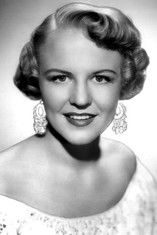
Self (archive footage)

Self (archive footage)

Self (archive footage)

Self (archive footage)
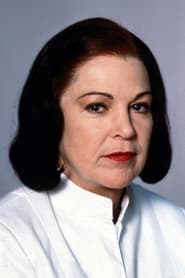
Self

Self
Self

Self (archive footage)

12 Aug 1998

Megacities is a documentary about the slums of five different metropolitan cities.

15 Sep 2000

In 1973, 15-year-old William Miller's unabashed love of music and aspiration to become a rock journalist lands him an assignment from Rolling Stone magazine to interview and tour with the up-and-coming band, Stillwater.
01 Dec 2018
Short film about racism.
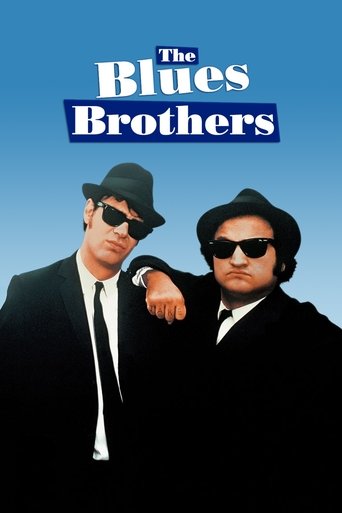
16 Jun 1980

Jake Blues, just released from prison, puts his old band back together to save the Catholic home where he and his brother Elwood were raised.
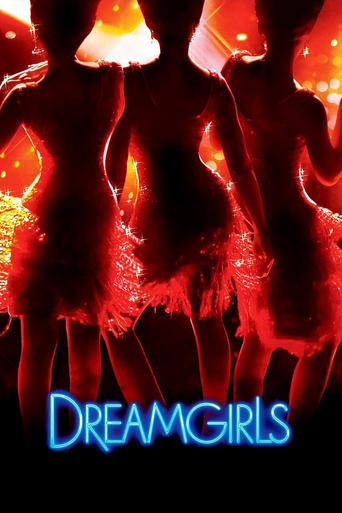
25 Dec 2006

A trio of female soul singers cross over to the pop charts in the early 1960s, facing their own personal struggles along the way.
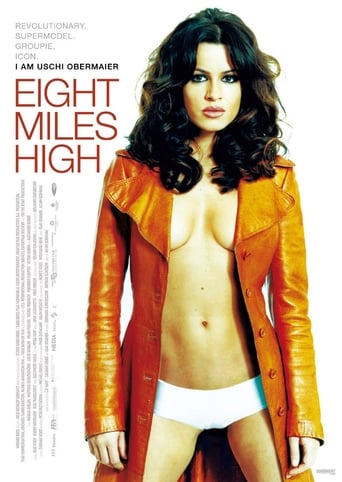
01 Feb 2007

Achim Bornhak's movie focuses on the restless life of Uschi Obermaier, the icon of the 1968 movement in Germany and groupie. At the age of 16, Uschi is bored by her job in a photo lab, but soon becomes the "it girl" of Munich's club scene. When she gets to know Rainer Langhans, they move to Berlin and live in "Kommune 1", the first politically-motivated commune in Germany. While the other occupants claim she isn't political enough, Uschi just wants to have fun, works as fashion model and leads international music stars in temptation.
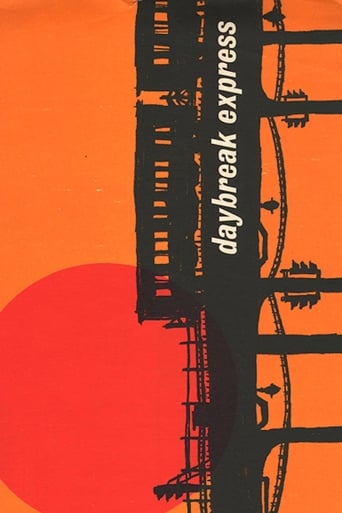
01 Jan 1953

Set to a classic Duke Ellington recording "Daybreak Express", this is a five-minute short of the soon-to-be-demolished Third Avenue elevated subway station in New York City.
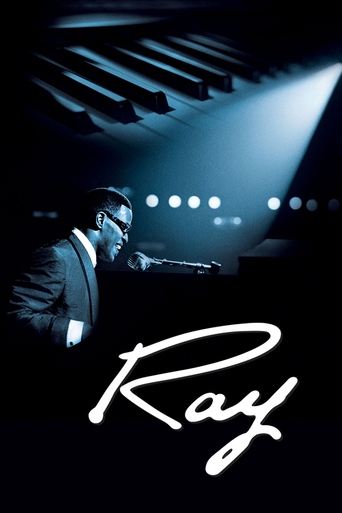
29 Oct 2004

Born on a sharecropping plantation in Northern Florida, Ray Charles went blind at seven. Inspired by a fiercely independent mom who insisted he make his own way, He found his calling and his gift behind a piano keyboard. Touring across the Southern musical circuit, the soulful singer gained a reputation and then exploded with worldwide fame when he pioneered coupling gospel and country together.
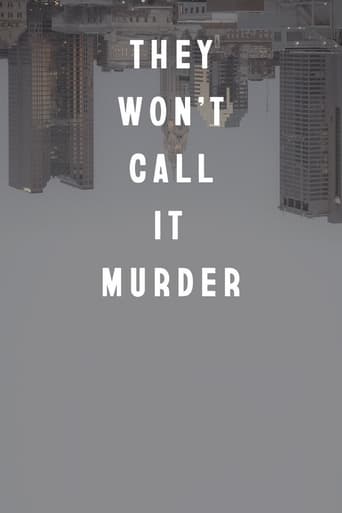
11 Nov 2021

Police have been killing people in Columbus, Ohio, with near impunity for more than two decades, leaving behind a community bound together by grief – and a system that refuses to call these killings murder. In a searing indictment of the police and justice system at large, educator and curator Ingrid Raphael and journalist Melissa Gira Grant have collaborated in this short film, which spotlights the testimonies and resistance strategies of the loved ones of Henry Green, Tyre King, Donna Dalton and Julius Tate. These are the mothers, sisters, and grandmothers of those who were killed by Columbus police, women seeking justice for their family members, despite knowing that it is unlikely to be found within the system that caused their wrongful deaths.
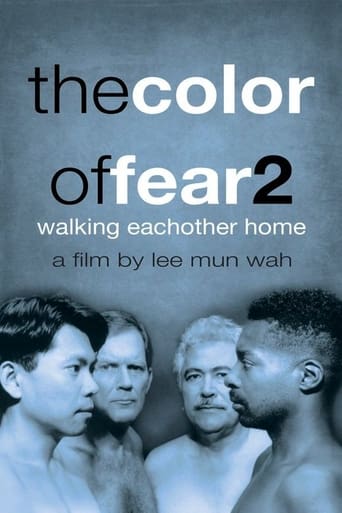
01 Jan 1997

In THE COLOR OF FEAR, eight American men participated in emotionally charged discussions of racism. In this sequel, we hear and see more from those discussions, in which the men talk about about how racism has affected their lives in the United States. We also learn more about the relationships between them, and about their reactions during some of the most intense moments of that discussion.
11 May 2013
Medeski Martin and Wood at Leverkusener Jazztage - Germany 12 November 2013 Tracklist: - 1969 - Seven Days - Black Elk Speaks - Amber Girls - Nostalgia in Times Square
10 Aug 1994
Joe Zawinul & Trilok Gurtu duo amazes everyone! The 25th Frankfurt Jazz Festival in 1994 hosted this superhero duo.

01 Nov 2011

In a bland, utilitarian world of order, one worker finds his inner jazz
17 May 2004
The musical traditions of the eastern and western worlds are bridged through the improvisations of Bombay, India-born percussionist/vocalist Trilok Gurtu. Gurtu’s mastery of post-bop jazz has not gone unnoticed. Downbeat magazine named him “best percussionist” in three critic and popularity polls and proclaimed, “musically, the world is his stage”. Jazz magazine, Straight No Chaser took a similar view, writing, “this music has a transcendental quality and removes any obstacles that lie between western and eastern improvised music.” Gurtu’s eclectic approach has enabled him to collaborate with most of the world’s greatest musicians. Tracklist 01. Jhuleal 02. Peace of five elements 03. Africa con India 04. Pasana’s Love 05. Dance with my lover 06. God rhythm
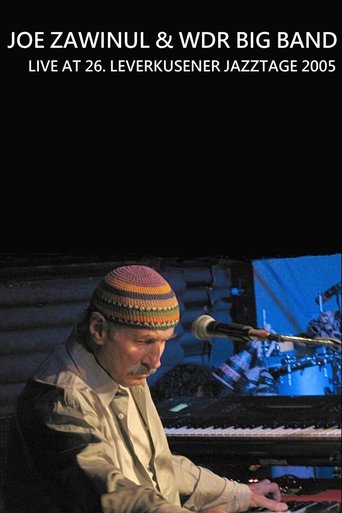
17 May 2005

Zawinul is onstage with the WDR Big Band from Germany and a special international rhythm section. The music is a tribute to the pioneering 1970s fusion collective Weather Report, originally with Wayne Shorter on sax, Zawinul on keys, and later Jaco Pastorius on bass (among other personnel). Zawinul and the WDR play "Brown Street" and "Carnavalito." Arranger Vince Mendoza re-imagines this colorful, small-group music for Europe's longest-lived jazz orchestra. And they can play!

17 May 2004

Tracklist: 1. Route 66 2. Medley: - Save Me - My Old Friend - Trouble In Paradise 3. Distracted 4. Wait For The Magic 5. Mornin' 6. Take Five 7. Lost And Found 8. Midnight Sun 9. Medley: - Step By Step - Breakin' Away - I Will Be Here For You (Nitakungodea Milele) 10. Boogie Down
05 Jan 2024
The unmistakable voice of the eleven-time Anděl Award winner, first-class musicians, and songs that flow across musical genres in a concert experience from Brno's Sono Music Club... The concert, recorded on November 28, 2022, at the SONO Music Club in Brno, is the culmination of Dan Bárta & Illustratosphere's concert tour for their joint fifth studio album, Kráska a zvířený prach (Beauty and Stirred Dust). This mutually inspiring and authentically creative community of musicians included not only new songs in the program, but also a selection of some older atmospheric hits from their more than twenty-year musical career. Enjoy Bárta's refined vocal performance and a fusion of virtuosically played original compositions on the domestic scene, combining pop rock, jazz, soul, and funk with intimate poetry in the lyrics, just like hundreds of fans in one of the most acoustically perfect halls in the country.
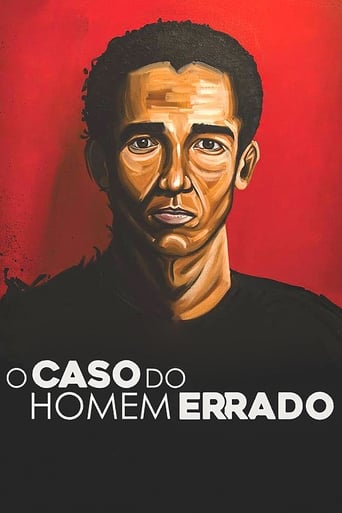
11 May 2017

The documentary tells the story of Júlio César, a young Afro-Brazilian who was executed by the Police in the 1980s in Porto Alegre. The crime became notorious when the press published photos of Julius being put alive in the police car and arriving 37 minutes later shot and dead at the hospital.

01 Oct 2018

Combining footage unseen since WWI with original scores from the era, this film tells the story of Noble Sissle's incredible journey that spans "The Harlem Hellfighters" of World War I, Broadway Theatre, the Civil Rights movement, and decades of Black cultural development.
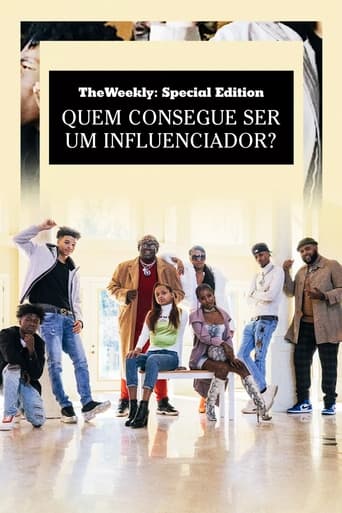
04 Jun 2021

Chronicles the rise of Collab Crib, one of the first mainstream Black creator mansion, exclusively documenting their whirlwind drive to achieve social media stardom in 90 days.